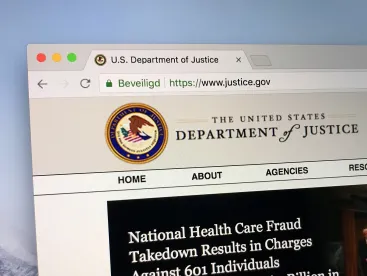On June 15, 2021, the Department of Justice announced that it had reached a settlement with Tecon Services Inc. (Tecon), an industrial fireproofing, painting, and insulation contractor from Texas. A naturalized U.S. citizen of Venezuelan origin raised an immigration-related discrimination complaint with the Civil Rights Division, claiming Tecon refused to accept her U.S. passport for verification of U.S. citizenship.
The Immigration-Related Discrimination Claim
The Department’s investigation revealed that to verify the worker’s legal rights as a United States citizen, Tecon refused to accept her U.S. passport as sufficient verification, but demanded additional, unnecessary documents. Tecon made this demand based on the worker’s Venezuelan national origin.
“Companies cannot reject valid identity and work authorization documents because of an individual’s national origin,” said Assistant Attorney General Kristen Clarke of the Justice Department’s Civil Rights Division. “This settlement makes clear that the Justice Department will vigorously enforce federal civil rights laws to protect workers from illegal discrimination.”
The Department of Justice Settlement
Under the terms of the settlement, Tecon will pay a $1,542 civil penalty to the United States and $4,263.75 back pay and interest to the affected worker. Tecon will also be subject to monitoring based on the terms of the settlement. Tecon will revise its policies and train its relevant employees on anti-discrimination requirements under the Immigration and National Act (INA).
INA List of Acceptable Documents
Federal law requires all employers to complete Form I-9 and E-Verify rules consistently, regardless of an employee’s citizenship, immigration status, or national origin. Section 2 of Form I-9 includes the lists of acceptable documents that employers may use for such employee verification purposes.
INA expressly prohibits employers from requesting more or different documents than those listed in the Form I-9 to prove work authorization. Requiring more documents based on citizenship status or national origin can also lead to discrimination by the employer.
The Civil Rights Division’s Immigrant and Employee Rights Section (IER) is the agency responsible for ensuring the enforcement of INA’s anti-discrimination provision. The statute prohibits discrimination based on citizenship, immigration status, and national origin in hiring, or recruitment, or referral for a fee; unfair documentary practices; and retaliation and intimidation.



 />i
/>i
